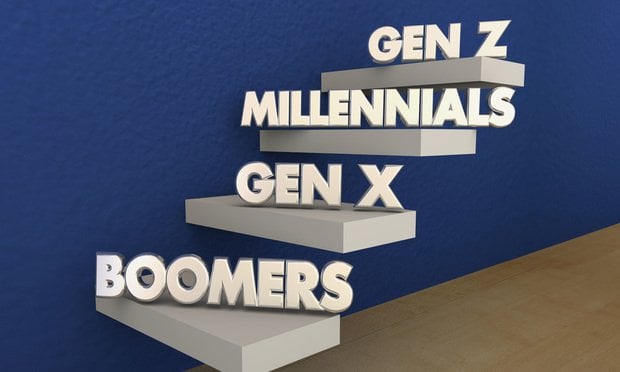 Employees at Apple, Google andother Silicon Valley staples are embracing tools that force them totake breaks from email and track their email usage while employersare increasingly encouraging employees to unplug. (Photo:Shutterstock)
Employees at Apple, Google andother Silicon Valley staples are embracing tools that force them totake breaks from email and track their email usage while employersare increasingly encouraging employees to unplug. (Photo:Shutterstock)
June is National Employee Wellness Month–or well-being,if you prefer (but please, not wellbeing). The concept of wellnesshas evolved over the years, from an initial focus on physicalhealth to one encompassing mental and emotional well-being, and in recent years,financial.
|This month, it may be prudent to turn your attention to a fourthcomponent: digital health. It's a topic that's appearing more andmore often in the news, a growing concern among tech companies inparticular. Employees at Apple, Google and other Silicon Valleystaples are embracing tools that force them to take breaks from email and track their emailusage while employers are increasingly encouraging employees tounplug.
|Related: The 5 best (and worst) states forwell-being
|On the opposite coast, proposed legislation in New York Citywould give employees the “right to disconnect” and penalize employerswho require employees to check email or take calls after businesshours. The bill, modeled after legislation passed in France, wouldbe the first of its kind in the U.S.
|Today's “always on” workplace mentality, it seems, is bad foremployee productivity. According to a recent report by app platform Blind, whichaggregated results from various studies on employee burnout, nearly60 percent of tech workers suffer from burnout. The side effects ofburnout–ranging from mental issues such as depression to physicalissues such as heart disease–cost employers upwards of $190 billioneach year.
|“There is an increasing awareness,” former Apple employee ThomasMeyerhoffer told Bloomberg earlier this year. “Every single personfrom every kind of occupation is talking about this.”
|Recognizing the potential damage their products cancause, tech companies aren't just working to improve theiremployees' digital health but to improve the overall “healthiness”of their products. At the recent Worldwide Developers Conference,Apple unveiled its new “digital health” initiative, which helps userstrack how much time they spend on their devices or specific appsand set time restrictions. Google unveiled a similar platform inMay.
|As awareness grows about the harmful effects of technology andpotential for addiction, more employers would do well to reconsidernot just their expectations when it comes to employees' technologyuse but also the ways they might encourage healthier habits.
|Tech breaks can go beyond email abstinence to hardcore digitaldetox retreats and temporarily cutting off communicationaltogether. Less extreme techniques such as phone-free meetings andtech-free mindfulness and meditation breaks are growing in usage,as well.
|We will undoubtedly hear more in the coming years about the tollour digital habits are taking on our health and overallproductivity. Now, as we turn our attention to employee wellness,is as good of a time as any to start looking at ways to stave offthose effects for your employees.
Complete your profile to continue reading and get FREE access to BenefitsPRO, part of your ALM digital membership.
Your access to unlimited BenefitsPRO content isn’t changing.
Once you are an ALM digital member, you’ll receive:
- Critical BenefitsPRO information including cutting edge post-reform success strategies, access to educational webcasts and videos, resources from industry leaders, and informative Newsletters.
- Exclusive discounts on ALM, BenefitsPRO magazine and BenefitsPRO.com events
- Access to other award-winning ALM websites including ThinkAdvisor.com and Law.com
Already have an account? Sign In
© 2024 ALM Global, LLC, All Rights Reserved. Request academic re-use from www.copyright.com. All other uses, submit a request to [email protected]. For more information visit Asset & Logo Licensing.








